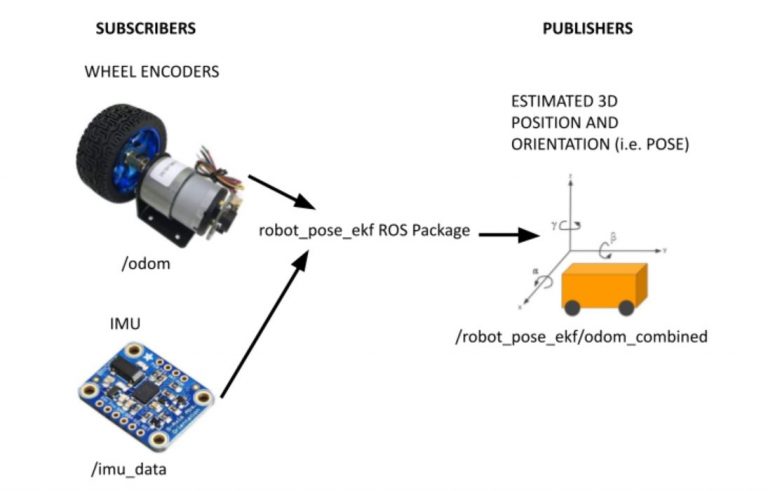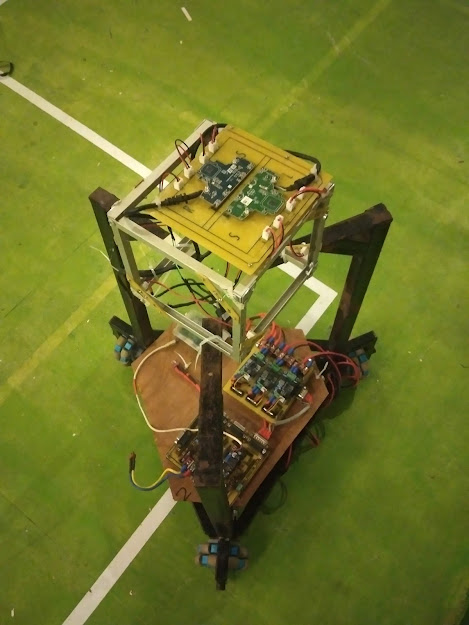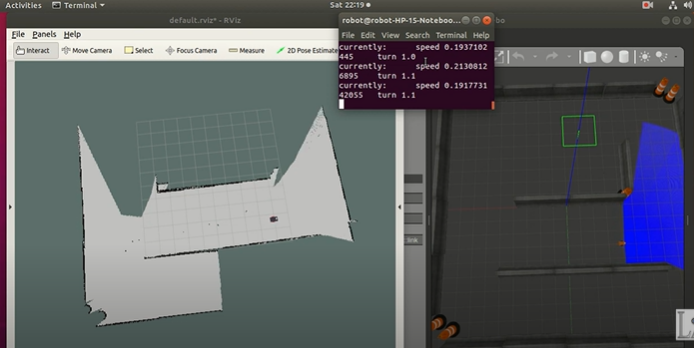NYANO NANI
Overview
Neonatal hypothermia is a common cause of death among children in developing countries such as Nepal [1]. The temperature of a newly born baby should be controlled within the range of 36.5 degrees Celcius to 37.4 degrees Celcius. A study done at Guinea-Bissau [2] provides supportive evidence for the relationship between hypothermia, neonatal mortality, and controlled ambient temperature. The result shows that the mortality rate is 4.8 times higher among the subgroup born in a low ambient temperature below 34.5 degrees.

According to WHO, almost all infants in developing countries experience some degree of mild or moderate hypothermia [3]. This number rises significantly in Nepal’s hilly and Himalayan regions, where the communities are primarily rural, and there is less to no infrastructure development to support modern health care facilities. Hospitals in developed cities of Nepal (Kathmandu, Pokhara, and so on) use baby warmer (exported from other countries) to maintain the ambient temperature of the environment where babies are placed. This is costly as the equipment itself is expensive to procure and the hospital requires to have more baby warmers.
Nyano Nani is a low cost baby warmer developed at National Innovation Center, Nepal to provide necessary warmth to newly born baby at crucial time. The main purpose of Nyano Nani is to make baby warmers easily accessible to all Nepal’s communities and birth centers and decrease Nepal’s neonatal mortality rate.
Deployment in Nepal
Nyano Nani is Nepal’s first bio-medical equipment that fulfills all international safety guidelines. Kirtipur Hospital was first to deploy Nyano Nani, Nepal, and then Khangri Hospital. After that, Nayno Nani gained popularity and a solid customer base. Jyoti Bikas Bank has been buying and supplying Nyano Nani to different health centers in Nepal under their CSR initiative. As of today, health centers in 23 districts of Nepal use Nyano Nani.






Comments